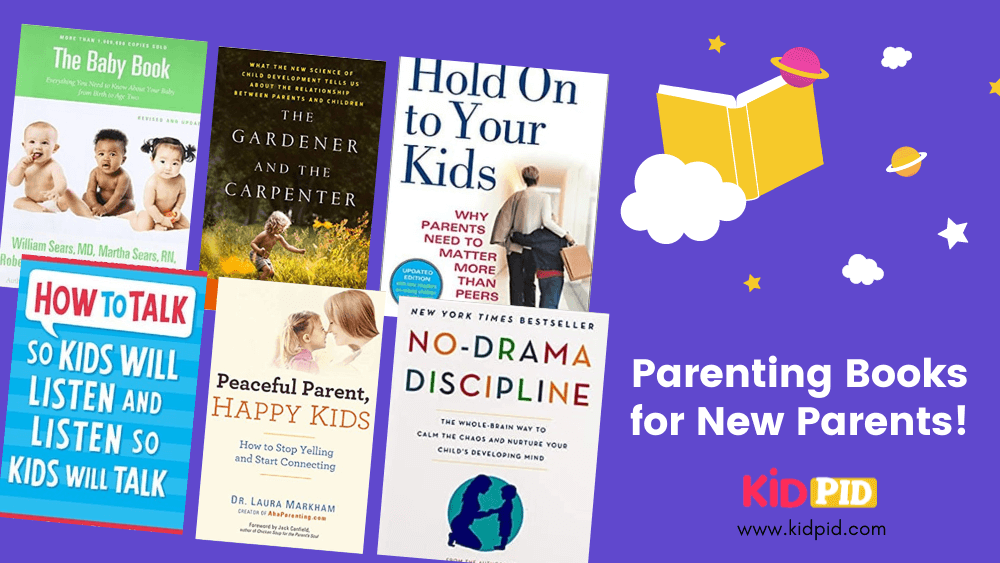How to Discover Your Child’s Interests

Adults have a wide range of hobbies, including activities such as cooking, reading, rock climbing, and painting. Do you recall the moment you realized what you were passionate about? Your adult hobbies are most likely a result of your childhood experiences. We have an amazing chance as parents to help our children explore and create their own interests. Sometimes some align with those we care about, and sometimes they don’t. So how can you support your children’s interests while giving them the freedom to be themselves? And why is it so crucial? Here are a few reasons and some ideas for exploring your child’s interests.
Contents
How to Discover Your Child’s Interests
Enroll your child in a variety of extracurricular activities
Engaging your child in a wide range of radically diverse activities is one of the finest ways to learn about their skills. You can accomplish this through official or informal methods. In this manner, you will be able to observe your child’s behavior in a variety of contexts and also learn about their areas of interest. Consider enrolling your kid in extracurricular activities like sports, the arts, and academics. Offer your child activities, but you should rethink the suggestion if they decline. While enrolling your child in various extracurricular activities is a fantastic idea, watch out for overcommitting them and ensuring they have enough free time to play. Make sure your youngster interacts with peers and friends from various socioeconomic and cultural backgrounds. You never know when someone from a different background will bring a skill your child will be particularly good at.
Avoid forcing your interests on your children
We want our kids to enjoy the same activities we do as parents. Though it seems to sense, that is not feasible. Although they may resemble you, your offspring are not you. It’s possible that your youngster won’t share your enthusiasm for baseball or mystery books. They could choose comic books, superheroes, and art instead. Paying attention to the things that thrill your child is the best approach to learning about their interests.
Let the kid decide and take the lead
The youngster is the best person to choose their interests. Please give them the freedom to pursue their desires. Your responsibility as parents or guardians is to watch over and direct them. Don’t take charge. It is also beneficial to share some of your passions with your child. However, it would help if you didn’t pressure or coerce someone into sharing your hobbies. Let them go on their exploration. Please support them and provide them with the answers to their curious queries.
Encourage optimism
The young person should view their hobbies as things they do for enjoyment. It will be beneficial to teach children to see their interests with optimism. Permit them to make errors. Inform and demonstrate to them how to appropriately address and learn from their errors. Let them know that failure is a part of life.
Watch your youngster playing
Spend time watching your child play and paying attention to what they do and how they play. Never think that your child’s play is pointless or unimportant. A child’s behavior and play may demonstrate many natural, individual interests, intellect, and skills. When you watch your child: Keep a notebook of the intriguing play activities they engage in. What traits does your child’s play exhibit? Is she theatrical and passionate or deliberate and thoughtful? You may learn a lot about her skills from this. Consider the career or topic relevance of what your child is doing.
Speak with them
Some kids’ interests are obvious to anybody. Typically, they begin to discuss a topic more frequently or spend more time engaging in their hobbies. However, some kids might not exhibit overt signs of curiosity right once. That is typical. Even the manner that each youngster expresses themselves or responds to situations varies. Having open lines of contact with your child is crucial because of this. A meaningful discussion with your child can aid in developing a definite career path. Additionally, it will provide them with a sense of security and support. Your encounters with them in person will also reveal what kinds of activities they love.
Check to see whether your child has intrapersonal intelligence
People with high intrapersonal intelligence have a strong grasp of their motives and personalities, and they frequently turn to advice and direction. Children with intrapersonal intelligence may be more introverted than outgoing and less engaged in social situations and group activities than other kids.
If your child exhibits intrapersonal intelligence, they may be drawn to reading, cause-and-effect analysis, and self-directed learning. Your kid may have a talent for writing or thinking. Please encourage them to start a collection or enroll them in a creative writing course. Don’t try to stop your youngster from engaging in self-directed play. They could just be interpreting the world according to their terms.
Give them exposure to memorable moments
Take them to memorable and motivating events to pique their curiosity. Examples include taking a stroll outside, visiting a museum, watching a movie, and listening to music. The youngster might also take up sports and take acting classes (dance, acting, music).
Show by example
You may be more than just their biggest supporter; you can serve as an example for them. Inform them about your interests and the reasons behind your choice. Show them that you are eager to learn and know about various hobbies. Tell your youngster about your interests’ positive influence on your life. Your youngster could be motivated by this and delighted to have their interests.
Don’t criticize or condemn the youngster harshly
Never criticize or make harsh remarks about a child’s interests. They could be deterred from pursuing their present and other interests. Additionally, they’ll feel defeated and unsupported. Furthermore, avoid comparing your child to others. The child’s self-esteem and confidence will suffer as a result.
- As parents, we want to be there for and encourage our children at every turn. What if the best approach to assist them is to take a backseat and permit them to discover on their own? Overcommitting to activities or interfering with your child’s interests may have the opposite effect of what you want.
- A child’s growth is greatly aided by the opportunity to play freely and explore their hobbies without their parents. It promotes independence and self-worth.
- Additionally, it equips children with the resources they will require to succeed as independent individuals. Does that imply that you shouldn’t offer to lead Cub Scouts or coach your child’s soccer team? No. Parents should, however, avoid micromanaging their kids and imposing their preferences. Instead, give them room to work independently.
- Every family will experience this differently, so take a seat and consider how it operates in yours. After that, make the necessary adjustments to give your child room to develop and learn.






Responses